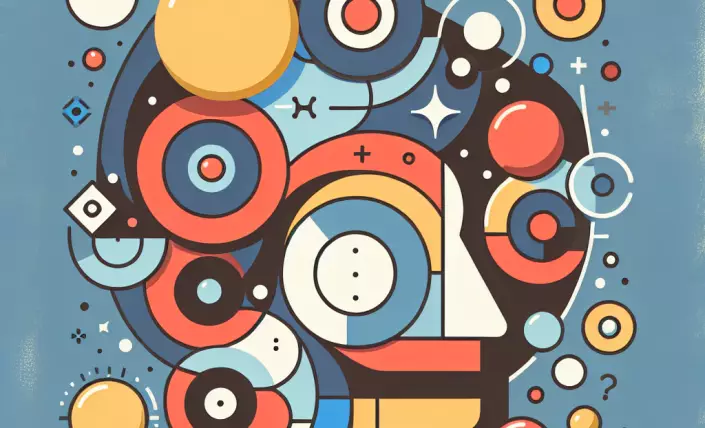In the labyrinth of human thought and existence, the quest for self-knowledge stands as an eternal beacon, guiding individuals through the complexities of life. This pursuit, championed by the ancient philosopher Socrates, remains as relevant today as it did in the bustling streets of Athens. Socratic philosophy, with its emphasis on introspection and self-awareness, challenges us to peel back the layers of our own consciousness, urging us to confront the truths that lie beneath the surface of our daily lives.
Socrates famously proclaimed that the unexamined life is not worth living, a statement that echoes through the corridors of time with profound implications. This assertion invites us to critically evaluate our actions, beliefs, and motivations. It implores us to go beyond the superficial understanding of ourselves and instead engage in a deeper, more meaningful exploration of our inner selves. Such a journey requires courage, as it often reveals uncomfortable truths and unsettling realizations. Yet, it is only through this candid self-reflection that one can achieve a genuine understanding of their place in the world and their purpose within it.
The Socratic method, a form of cooperative argumentative dialogue, serves as a powerful tool in this endeavor. By engaging in rigorous questioning and dialogue, individuals are encouraged to scrutinize their assumptions and beliefs. This process not only sharpens critical thinking skills but also fosters a greater sense of empathy and understanding. As we unravel the intricacies of our own thoughts, we become better equipped to understand the perspectives of others, leading to more meaningful and harmonious interactions.
In a world where external validation often takes precedence over internal understanding, the teachings of Socrates offer a counterbalance that is both timeless and transformative. By prioritizing self-knowledge and introspection, we cultivate a sense of authenticity and integrity that transcends the fleeting allure of societal approval. This inner clarity not only enhances personal well-being but also empowers us to navigate the complexities of life with wisdom and grace.
Ultimately, the journey toward self-knowledge is not a solitary endeavor but a shared experience that connects us all. As we delve into the depths of our own consciousness, we uncover the universal truths that bind humanity together. In embracing the Socratic call to know ourselves, we embark on a path that leads to greater understanding, compassion, and ultimately, a more harmonious existence.










